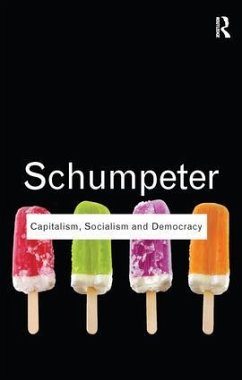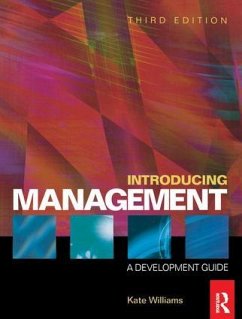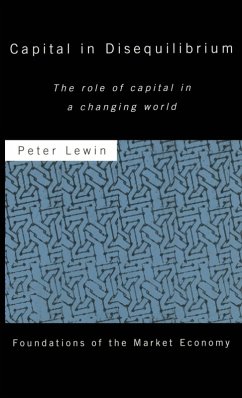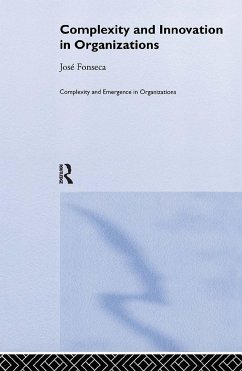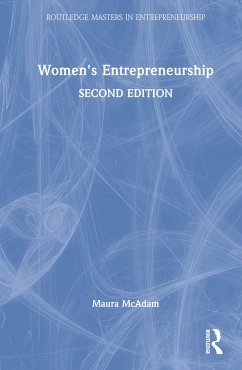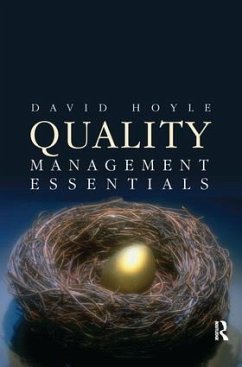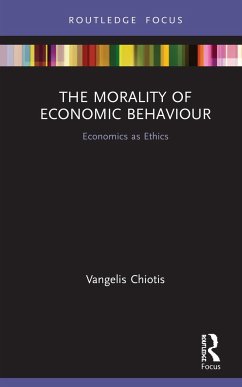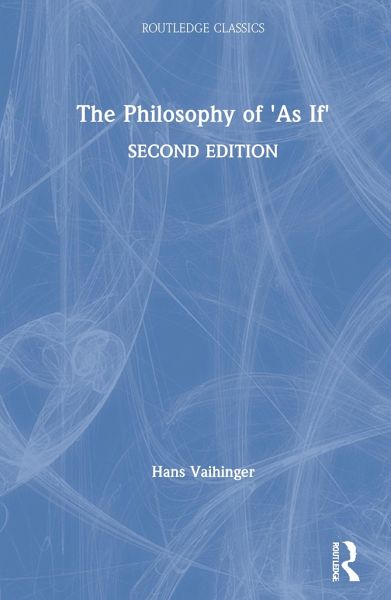
The Philosophy of 'As If'
Versandkostenfrei!
Versandfertig in 1-2 Wochen
159,99 €
inkl. MwSt.
Weitere Ausgaben:

PAYBACK Punkte
80 °P sammeln!
Widely acknowledged today as a philosophical masterwork, this Routledge Classics edition includes a new foreword by Michael Rosenthal, which provides fascinating and important background to Vaihinger's life and the legacy of The Philosophy of 'As If'.





